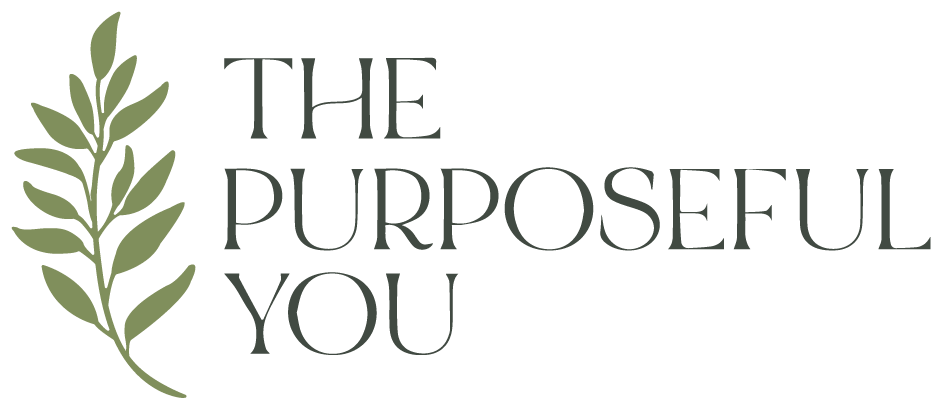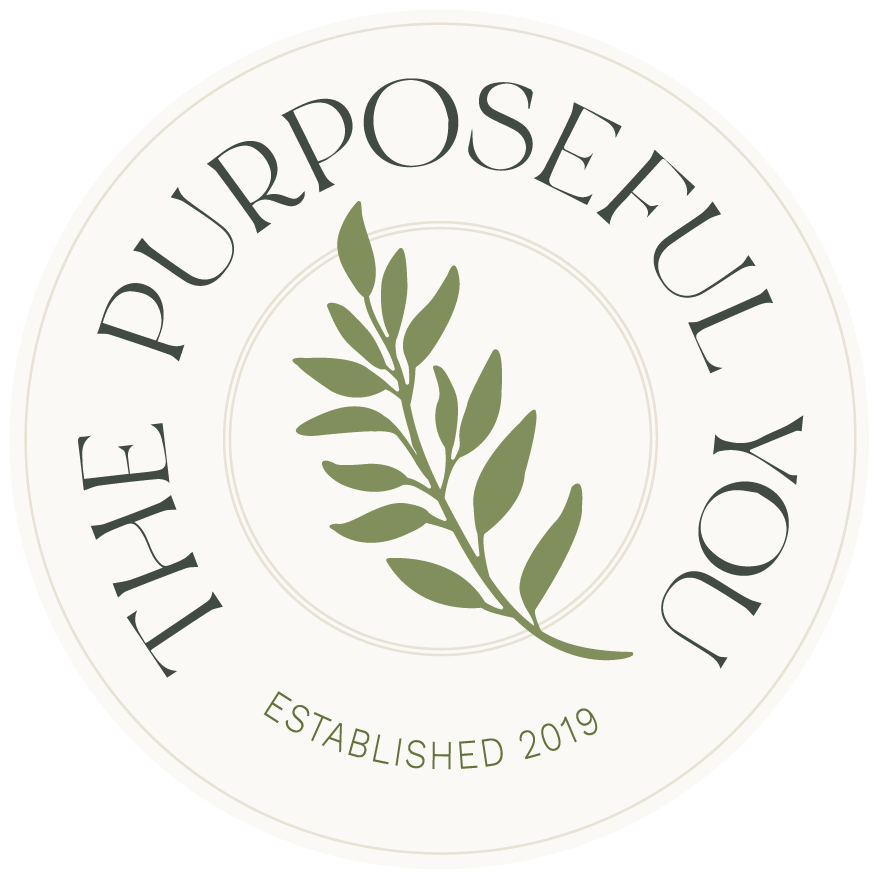Vegetable Garden 101
Check out my Garden E-Book!
Did you know I wrote an e-book? It’s perfect for beginner gardeners in their first 3 years of gardening. Check it out and purchase my e-book here!
Starting a vegetable garden is one of the most popular activities to do this Spring given the current situation of the world. Wouldn’t it be cool if you could create a completely (or almost) sustainable home? Food security is more important than ever. Last year we witnessed the world stop, that made us stop and think, how can we be more self sufficient? Starting a garden and producing our own food is one way!
I hope I can inspire you to start a garden this year or in the future. We have had our garden for over 6 years now and we learn something new each and every year. Let’s get to it!
First step is deciding where your garden will go.
The spot in your yard or patio that gets the most sun is usually the best place. It should get at least 3-6 hours of full sun. From there, you can decide if you’re going to use raised beds, pots or plant right in the ground. There’s pros and cons to each. Raised beds allow you to contain the area a little more and make weeding easier but there’s a cost associated to buying/making them (we did ours over time). Growing in the ground allows you to grow more as the beds take up space. Pots can be limited to what you can plant so research what you want to plant and go from there!
That brings me to Research!
Look into all your favourites fruits & vegetables and see what grows best in your climate. In Victoria, I find it hard to grow cucumber, melons and peppers because I don’t have a greenhouse as they need a lot of heat. I go to West Coast Seeds and I go through the list of vegetables and fruits I want to plant and read up on each one.
What we look for when picking out seeds:
What time of year do they need to be planted?
How much space does this vegetable need (ex. Corn needs a large space and a certain amount of corn to cross pollinate to have a successful crop)
How much sunlight does it need?
Can it be sown directly into the garden or do you have to start indoors first? (Ex. Tomatoes need to be started indoors and planted in the garden mid-late June)
Let’s Talk Soil
This is the first year we have done a soil sample and we are waiting for the results. It’s not a bad idea to get your soil tested (especially if you’re planting right in the ground) every 3-4 years to see your PH levels. For soil we get Organic Sea Soil it’s a mix of compost and rich soil. If you compost at home, mixing rich soil and compost together is the perfect blend! I have also had people use horse manure or other types of manure in their vegetable gardens but it has to be “mature” or “aged” manure. Have fun Googling that! ;) The best thing you can do for your garden is apply a thick layer of leaf mulch. You can collect this in your yard or your neighbours yard (different leaves are better than others).
Make a Garden Plan!
After you have an idea of what seeds you want to plant, come up with a plan. The biggest thing we learned was that some vegetables can’t be planted in the same spot year after year. For example, the cabbage family must be moved after each crop, this includes lettuce mixes, cabbages, arugula and more. Having a plan in the garden has been key for us. If you have a smaller space consider trellising certain vegetables as that can be an efficient way to use space. Garden plans are a great way to help you with your planting schedule from Spring to Fall. A continuous crop is always the goal!
Feed Your Garden
We Use an organic all-natural fertilizer once every 3 weeks, you’ll notice the difference with your vegetables. This helps them get the nutrients they need if they aren’t getting it from the soil. Purchase this from a garden centre and make sure to ask specific questions as there’s so many products out there.
Garden Journaling
This is something we are finally doing! Get to know your garden. Make note of what you planted, what varieties, how they did, what the weather was like and more. The more details the better! Looking back at your garden history will help you be more successful and you won’t repeat the same mistakes.
Most Importantly, Have Fun With It!
It’s a learning curve no matter how much research you do. It’s hard work and it takes dedication but it’s so rewarding. Seeing our carrots sprout for the first time makes me feel proud. Whether you’re a beginner or an avid gardener, remember you’re always learning! Sometimes things work out and other times they don’t, never give up!
We hope you found this article helpful! Happy gardening :)







